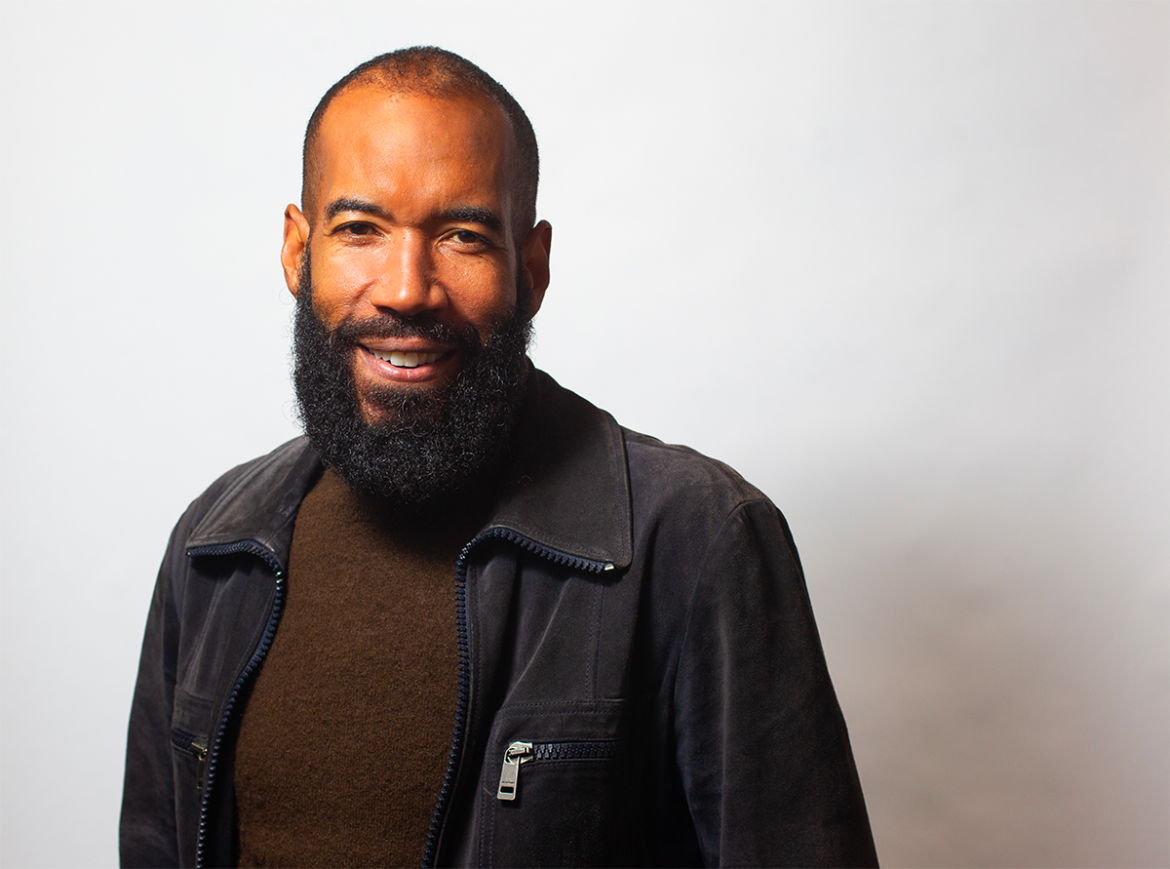
Q: Tell us about Proverb’s unique approach to brand building?
A: Research and data are central to our process. A brand needs to answer at least three basic questions: How does it benefit its audience, why is it better than what else is out there, and why is it believable? Depending on the needs of the project, we do audience research, gather qualitative and quantitative data, conduct interviews and surveys, hold workshops, study the competition, and assess relevant cultural forces. Investing in that work lays a solid foundation for everything that follows. The quality of the process and the quality of the brand expression are directly related.
This is especially important because in one way or another the majority of our work focuses on place, which makes it less ephemeral than a lot of branding and advertising work. It’s a big investment to develop a building or anchor institution, or make a city run well; you can’t pick those things up and move them if you don’t get it right. On top of that, we’re often working at various remote jobs to create places that might have been overlooked or underappreciated, and our role is to help change the narrative.
Whenever possible, we like to come in early on the project because the process of branding can help the various players align; it’s as much an internal tool as an external one. As we do our foundational work, we consider what is often a complex mix of audiences and stakeholders, the context of their lives, what kind of environment they want to be in, and what kind of problems we can solve for them. Storytelling, strategy, hospitality, and experience design become part of the brand equation.
Q: How did you make your transition from architecture/exhibit design to marketing, to ultimately leading your own firm?
A: I studied design at MassArt and then began my professional career at a well-regarded exhibit design firm that had projects all over the country, as well as several in Europe and Asia. Exhibit design brings together people with different specialties—architects, 2D and 3D designers, curators and educators, historians and scientists, media designers, lighting specialists, fabricators—to create an immersive experience that is both educational and fun.
Unexpectedly, the firm that I worked for after college needed to downsize when a major client couldn’t pay the bills. I jumped at the chance to get laid off, even convincing them that my computer should be part of the deal—and that’s how I got my start sooner than expected! A big incentive was being able to express myself more fully in both aesthetic and cultural terms, and fortunately, it worked out well.
Q: What is the significance of your firm’s name, Proverb?
A: A proverb is a concentrated form of collective wisdom. It’s a way of taking a set of observations that in some cases might have been observed for centuries and distilling it down to something that almost anyone can access. In other words, proverbs are pithy, memorable ways of expressing human truths.
Much of what we do involves bringing focus and meaning to a large, unfocused set of data. Our process involves digesting lots of research, background information, marketplace analysis, competitive analysis, SWOT, and all the things our clients know, and sifting through it to find their essence—what you can think of as their brand’s X factor. That essential, underlying truth then fuels everything from what the product is about to organizational development, marketing, advertising, and any other type of communication. It’s a powerful idea that’s easy to rally around.
Q: What else should we know about Proverb?
A: Creating diverse teams is also part of our approach. I strongly believe diverse teams make for better outcomes, and there’s research to back this up. We consciously stock Proverb with an array of cross-disciplinary, culturally diverse talent. It’s one of the reasons I decided to start a company more than two decades ago after working in some places that didn’t feel very diverse or inclusive. If our industry is going to serve our clients well, the composition of agencies needs to catch up with what’s happening in the rest of the country—and it makes brainstorming sessions a lot more fun.
We value being a good employer to our staff and a good partner to our clients. The world has plenty of ego and drama; we prefer to pull together and generate constructive energy around projects. Yes, hustle is part of the industry, but we also care about the people we work with. It’s a virtuous cycle, because when people feel respected, they invest more of themselves in the outcome.
1 Comment
-
On this site, find a variety internet-based casino sites.
Interested in well-known titles or modern slots, you’ll find an option for every player.
The listed platforms fully reviewed for safety, enabling gamers to bet with confidence.
1win
Moreover, the platform provides special rewards along with offers for new players including long-term users.
With easy navigation, locating a preferred platform takes just moments, making it convenient.
Be in the know on recent updates with frequent visits, because updated platforms appear consistently.
